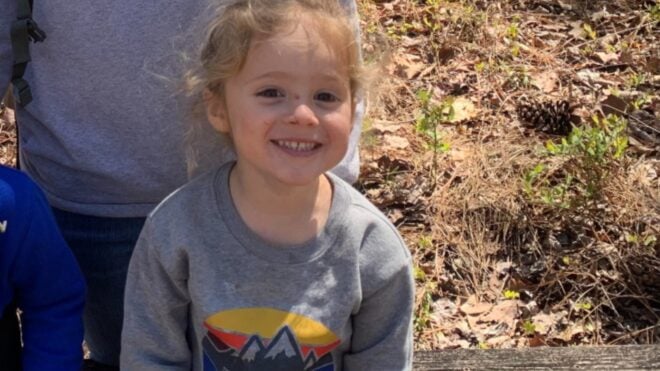
For about eight months, a New Jersey man used his late cousin’s benefits and credit card to cover his own expenses — and kept his cousin’s body in his closet the whole time. On July 21, 2025, NJ.com reported that New Jersey State Police troopers arrived at a trailer park in Fairfield, New Jersey, to conduct a welfare check in April.
In doing so, they made a disturbing discovery. An unusual smell in the trailer tipped them off. The scent they noticed was “consistent with decomposition,” prompting them to investigate further, the news outlet reported. After looking around the space, they found the body of Michael Blankenship wrapped in plastic and stored in a closet. Additionally, the closet was taped shut and had no doorknob.
Police said they discovered a note in the trailer that also provided them with more insight into what had happened. Per the publication, the note stated that Michael Blankenship had died on July 27, 2024 due to “dementia-related causes.” Through reading the note, police learned that Michael Blankenship’s cousin, 58-year-old Steven M. Blankenship, had tried to hide his body in a closet. The note explained what Steven Blankenship did in the days and months after his cousin’s death.

Steven Blankenship reportedly put his cousin’s body in a closet two days after he died. For about eight months after that, he allegedly continued to use Michael Blankenship’s money. Attempting to deal with his own financial troubles, prosecutors say Steven Blankenship kept his cousin’s death a secret and collected his Department of Labor benefits. During the eight months that his cousin’s body remained in his closet, Steven Blankenship allegedly got about $14,000 from the state of New Jersey.
His attempts to improve his financial situation after his cousin’s death did not end there, as he allegedly used Michael Blankenship’s credit card as well.
Due to this unsettling discovery, Steven Blankenship has been indicted on several different charges. As NJ.com reported, the charges he faces include third-degree charges of theft by deception and fraudulent use of a credit card, fourth-degree charges of tampering with evidence, and second-degree charges of desecrating human remains.




